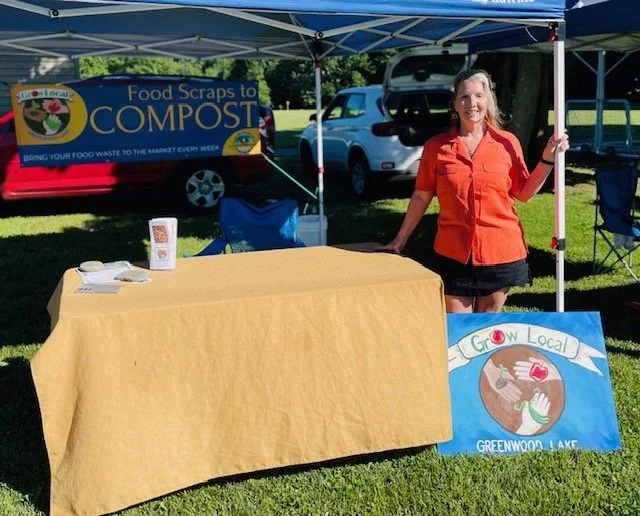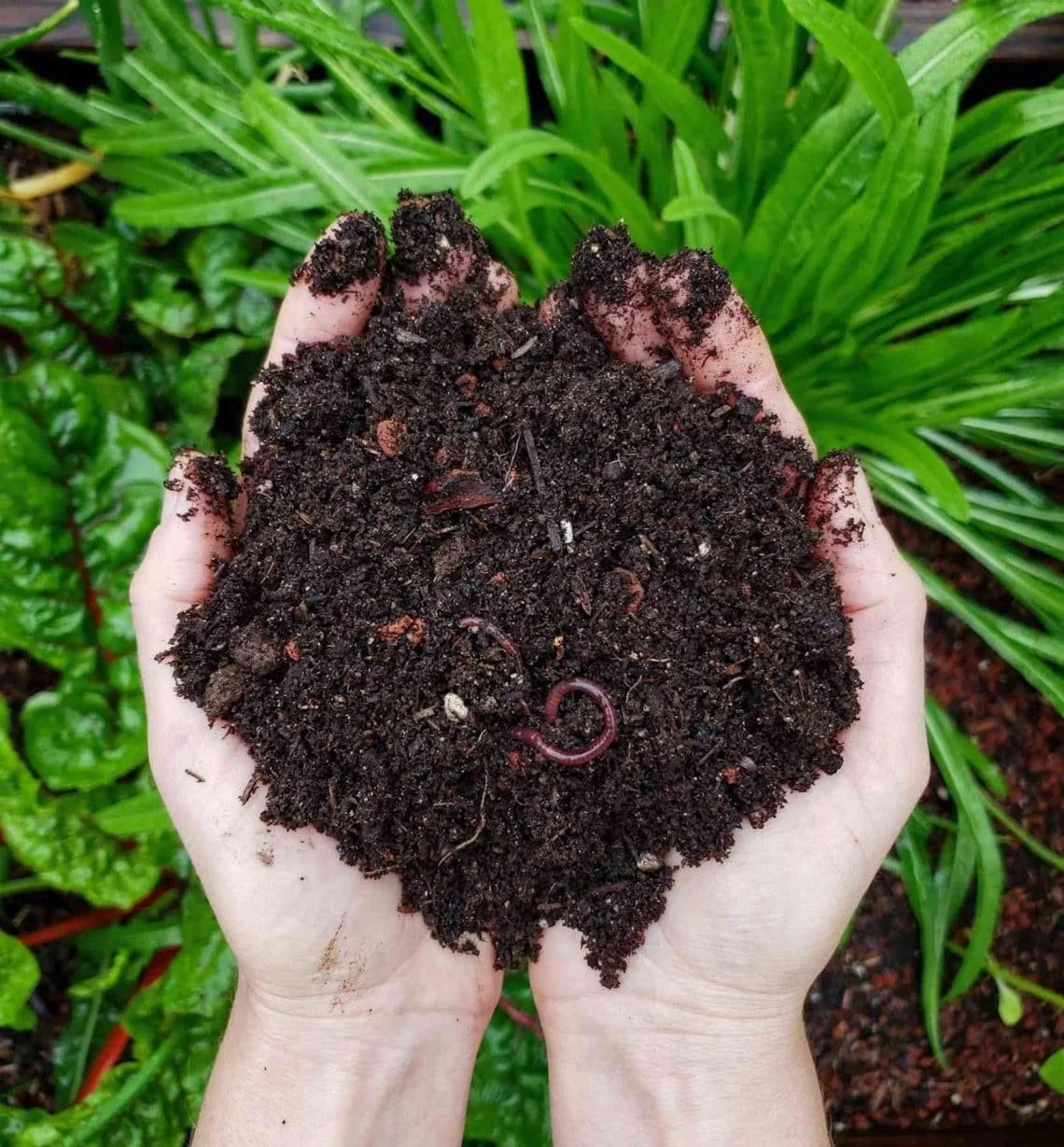Join Our Community Composting Program
Bring us your food scraps!
Grow Local Greenwood Lake is leading the way in regenerative living. Our community composting program welcomes your food scraps, turning them into nutrient-rich compost for use in our garden and yours!
Where to drop off appropriate food scraps:
Saturdays - 9am to 1pm - June 8th through October: Lakeside Farmers Market at Greenwood Lake
All year long: We invite you to drop off your food scraps at the Common Ground Community Garden, located at 13 Poplar St. Greenwood Lake, NY 10925.
What we accept:
Fruits and vegetables
eggshells
coffee grounds and tea bags
nuts
bread, rice, and pasta
plant waste - including leaf and pesticide-free yard waste and houseplants
No meat, bones, or dairy
Why Compost?
Separating our food scraps is one of the simplest ways to improve our impact on the environment. Its numerous positive effects range from reducing methane emissions in landfills to reintroducing biodiversity into our soil.
Composting is the process of recycling food scraps and other organic matter and plays a pivotal role in reducing organic waste landfills. When organic materials like food scraps and yard waste end up in landfills, they decompose anaerobically, producing methane, a potent greenhouse gas that contributes to climate change. Compositing facilitates the decomposition of organic matter in an aerobic environment, significantly reducing methane emissions.
Composting enriches soil health and fertility. The nutrient-rich compost created from organic waste contains valuable organic matter, microorganisms, and essential nutrients that enhance soil structure and provide a natural source of nourishment for plants. In addition to eliminating the need for synthetic fertilizers, which can have detrimental environmental impacts, composting improves soil water retention and reduces erosion, contributing to more resilient and sustainable agricultural systems.
Lastly, composting promotes sustainable resource management. By diverting organic waste from landfills and incineration, it conserves landfill space, and reduces the need for energy-intensive waste disposal methods. It is a tangible way for individuals, communities, and businesses to participate in the circular economy, where resources are reused and recycled, ultimately leading to a more sustainable and ecologically responsible future.
More Information on Composting - Start Composting in Your Own Yard!
For composting at home, we recommend this presentation from Cornell Cooperative Extension Master Gardener Jim Hall.
Our friends at Sustainable Warwick have followed our lead with their community composting pilot program. Take a look!
To learn about the environmental importance of composting, check out what Project Drawdown has to say about composting.









